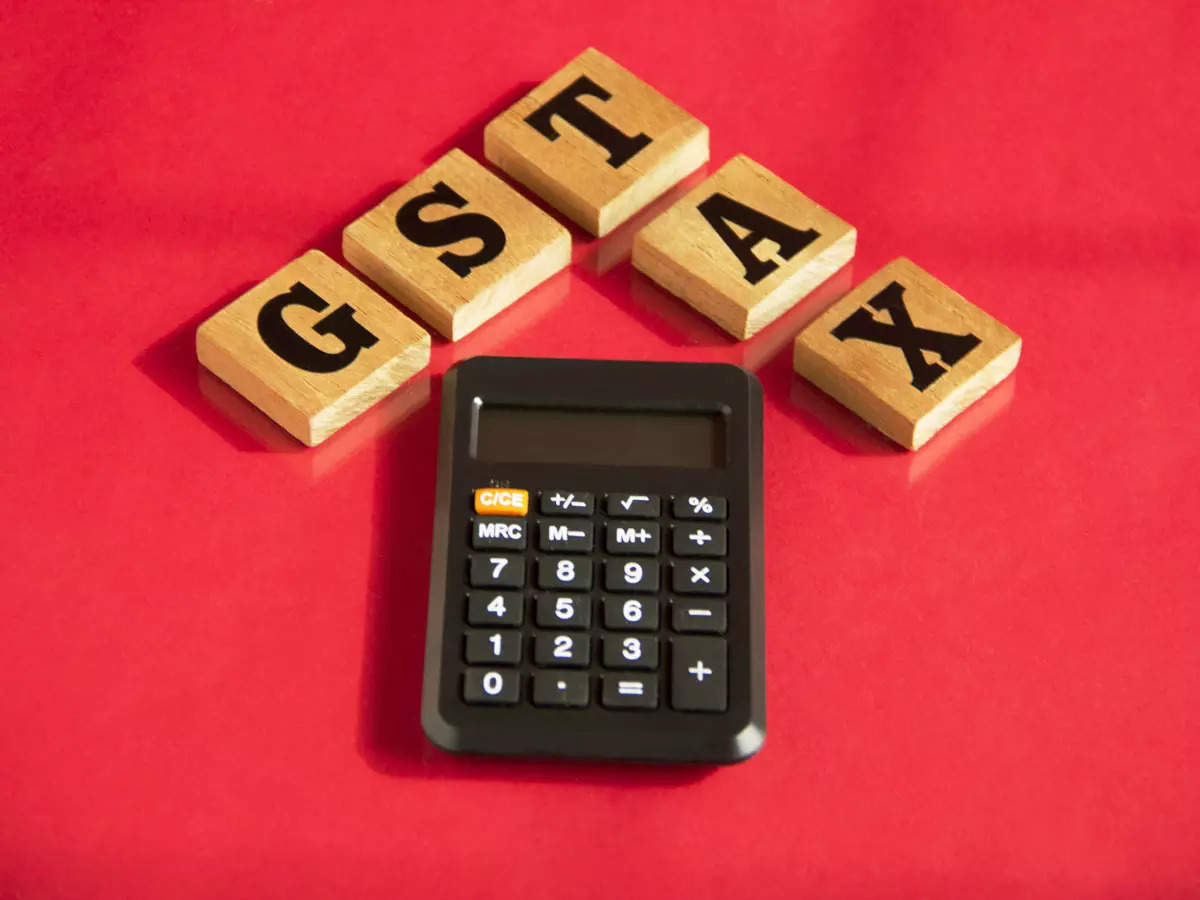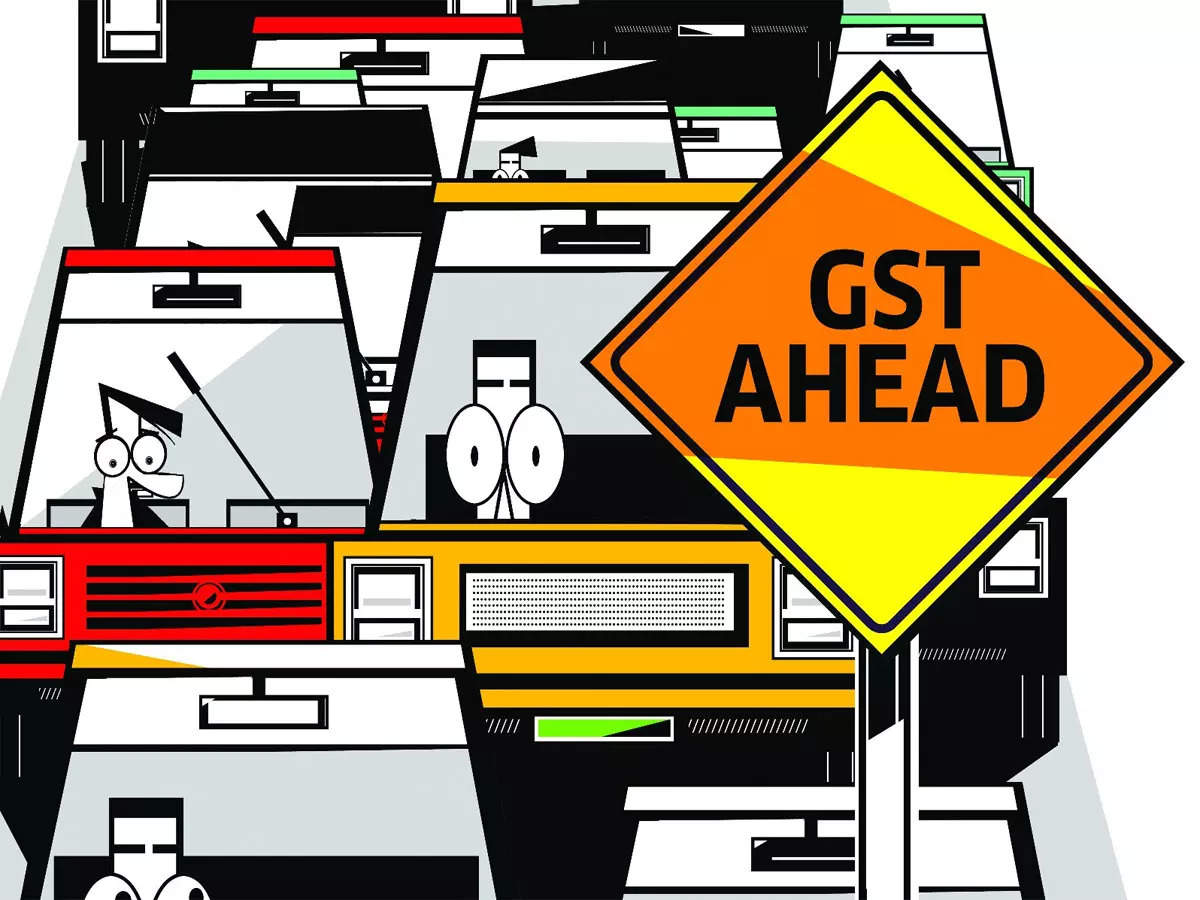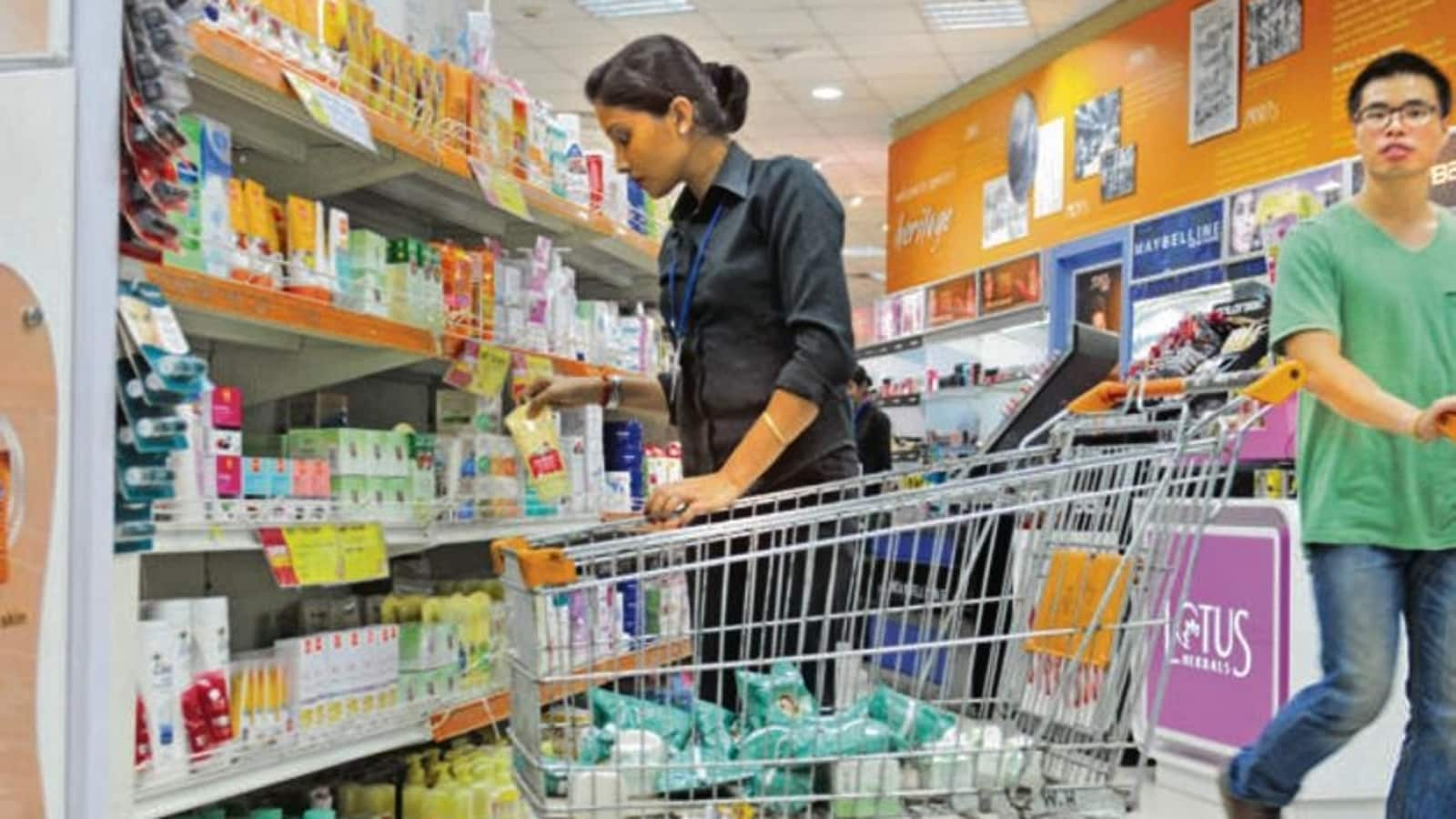GST Council Meet Begins 28% GST on Online Gaming; States Compensation: Key Agendas Today

GST Council Meet Begins 28% GST on Online Gaming; States Compensation: Key Agendas Today
This week’s 47th Goods and Service Tax (GST) Cabinet meeting will be the Center of attention. Beginning on June 28, the GST Council, which is presided over by Finance Minister Nirmala Sitharaman and is made up of delegates from every state and the Union Territories, will convene in Chandigarh for a two-day meeting. The forthcoming GST Council meeting will cover a wide variety of topics, from rationalizing the rates of a few commodities to debating repayment for the states.
Here are the main products on the agenda for the 47th GST Council meeting.
GST Rationalization of Rates for Items
A Fitment Committee appointed by the GST Council has recommended rationalizing the GST rates for a few commodities.

The committee suggested a consistent GST percentage of 5% for orthopedic implants and prosthetics (artificial limbs) (trauma, spine, and arthroplasty implants). The committee recommended that a number of orthoses, including splints, braces, belts, and calipers, should be subject to the minimum GST of 5%. The Fitment Committee recommended that GST rates for ostomy appliances (including pouch or flange, stoma glue paste, barrier lotion, irrigator kit, sleeve, belt, and micro-pore tapes) be lowered from 12 to 5 percent.
A GST of 5% will be applied to everyone by milling dal and pulses, including chilka, khanda, and churi, in others, the committee stated.
GST will not apply to sewage-treated water.
The GST percentage for lithium-ion batteries is expected to be cleared by the GST Council. Currently, lithium-ion batteries are regulated at 18%, whereas electric vehicles are taxed at 5%.
Tetra packs and tetra packaging paper will likely see an increase in GST from the current 12 to 18%. The GST Fitment Committee suggested raising the tax percentage on cut and polished diamonds from 0.25 percent to 1.5 percent to remedy duty inversion.
Ice cream salons are expected to be taxed at less than 18% in all other services, which is against distinct GST rates. Ropeway services, which are quite popular, are expected to be taxed at 5% instead of the current 18% rate.
The committee recommended keeping the same tax rates on more than 215 products and services.

GST on Casinos and Online Gaming
A proposal from a group of state finance ministers to impose a 28 percent value-added tax (GST) on online gambling, casinos, and harness racing is expected to be taken into consideration by the GST Council. Conrad Sangma, the chief minister of Meghalaya, led a group of ministers that advocated taxing online gaming at the total value of the transaction, which includes the entry fee given by the player to play the game.
The GoM advised applying GST to all bets put at racetracks that were combined in totalisators and made with bookies.
In casinos, GoM has advised that the tax be applied to the entire face price of the chips or coins a player has purchased from the establishment. The mandatory inclusion of food, beverages, and other products in entry/access fees to casinos will be subject to a 28% GST.
Currently, 18% of people use casinos, horse racing, and online gambling services. The manner of valuing the goods and the GST that will be applied to them will probably be decided by the GST Council.
GST Council is expected to make it easier for taxpayers to comply

In light of the disruption brought on by the Covid-19 outbreak, the GST Council is expected to eliminate the obligation for submitting refund requests between March 1, 2020, and February 28, 2022, according to CNBC TV-18. According to sources, it might allow tax officials to submit appeals against incorrect returns by ignoring the two-year Covid term.
Continued State Compensation for Revenue Losses?
Along with percentage rationalization, the continuation of payment for revenue loss is expected to be discussed. In the future, the states ruled by the opposition are expected to demand reparations.
The Center has borrowed money and released Rs 1.1 lakh crore to the states in 2020–21 and Rs 1.59 lakh crore in 2021–22 to make up the shortfall in the GST repayment fund. To make up the difference, the Centre has been regularly disbursing GST reimbursement from the fund.
When the GST was first implemented in 2017, the federal government promised the states that it would cover any of the revenue losses for the following five years. The growth percentage of the projected revenue for the states has been 14% compounded growth, while the cess collecting did not grow at the same rate. The difference between expected revenue and actual revenue receipt was further widened by the Covid-19 epidemic.
Increasing GST Payments to States

The Center promised states that they would receive the compensation for the revenue losses brought on by implementing the new system for five years (the base year 2015–16) when the GST was first adopted in 2017. State compensation will stop on June 30, 2022. But until March 2026, many vices and luxuries will still be prohibited. The Treasury Department stated in a release last week that this action will assist the Center in repaying the loans that assisted in bridging the states’ revenue gap in the other two fiscal years.
Kerala Finance Minister KN Balagopal stated to CNBC TV-18 before the GST council meeting, “We will ask for an extension of the fee period for five years. Other states would receive extensions because the revenue increase is not as expected, not just Kerala.
However, according to reports, the Center is against adding another five years to the compensation prohibition.
GST percentage adjustment
According to the Assembly Committee, a few goods should have their GST rates revised. The group suggested a consistent GST of 5% on orthopedic implants and prostheses (artificial limbs) (trauma, spine, and arthroplasty implants). Additionally, it suggested a GST of 5% for a variety of orthotics, including calipers, straps, braces, and splints.
The assembly committee recommended further measures to lower the Vat percentage on ostomy devices (including pouch or flanges, ostomy glue paste, barrier creams, irrigation kit, sleeves, belt, and micropore tapes) from the current 12 percent to 5 percent.

The classification of the other products will likely be clarified during the GST Council’s discussion of the percent modification suggestions.
An E-way bill is needed for the intra-state movement of gold or precious stones.
The GST Council will take into account a report from the board of state ministers on trying to make e-invoicing requirements for all taxpayers who supply gold and precious stones and have a yearly aggregate turnover of more than $20 billion, and making e-way bills mandatory for intrastate movement of gold and precious stones worth $2 lakh and above.
Virtual currencies and other digital assets
The officers’ panel has recommended delaying a judgment regarding the taxability of cryptocurrencies and other virtual digital products. At the same time, a law is developed to regulate them and determine if they are considered products or services.
Relaxation of small business mandatory registration requirements

The Council is set to simplify the mandatory registration requirements for small enterprises that use e-commerce sites to sell goods and services with annual turnovers up to 40 lakh and 20 lakh, respectively. Goods and Services Tax (GST) registration is important for all vendors who deliver goods through e-commerce.
Compositional plan
Additionally, companies producing e-commerce supplies and having annual revenues up to 1.5 crore rupees would be allowed to choose the composition plan, which provides a reduced tax percentage and easier compliance.
Businesses that sell their products online are now unable to use the composition system. The adjustments would make parity between companies operating under GST offline and online. States were promised reimbursement for revenue losses caused by the rollout of the GST up until June 2022, when it was implemented starting on July 1, 2017.
edited and proofread by nikita sharma



